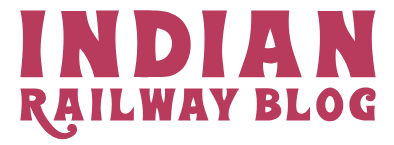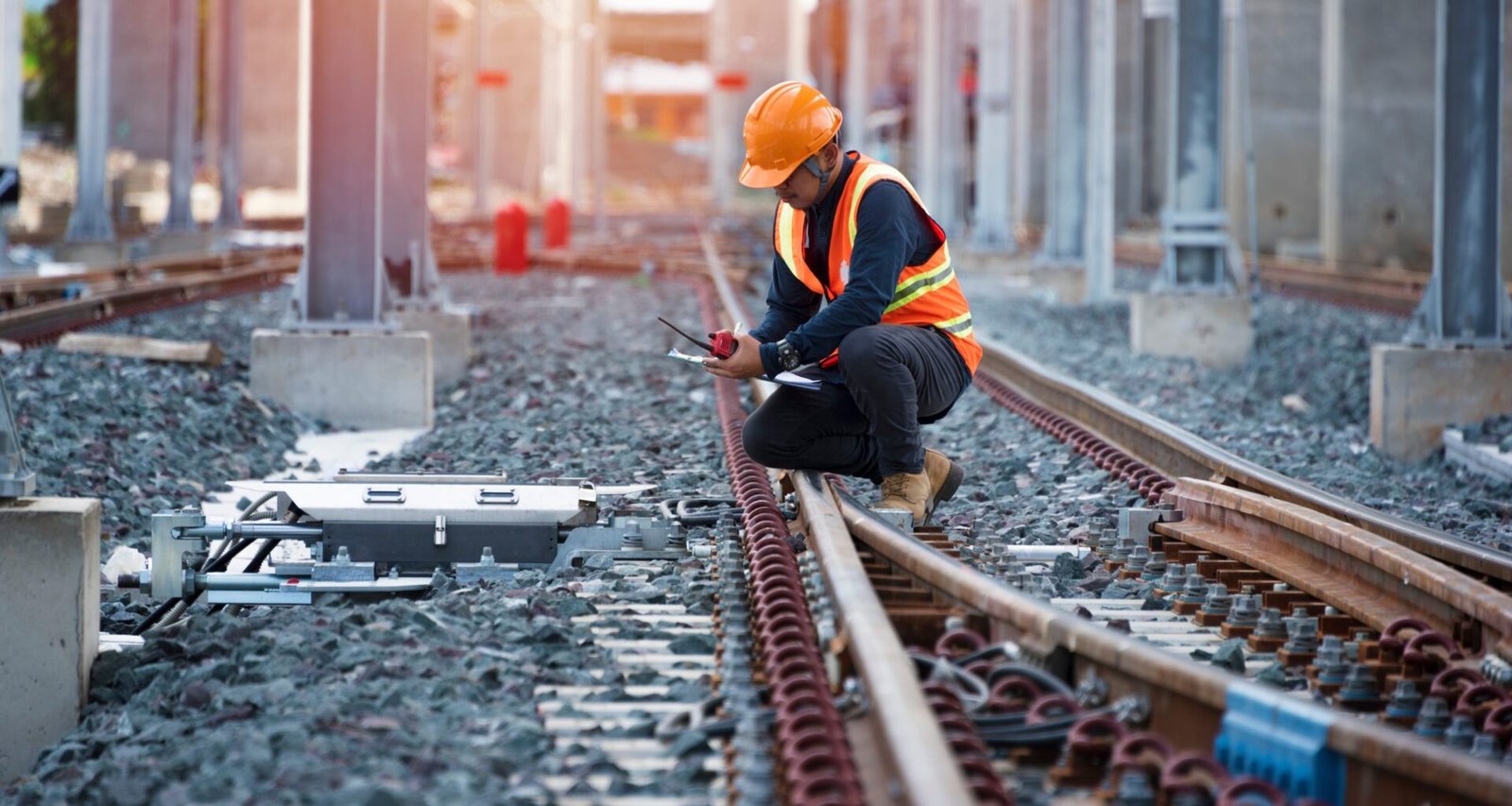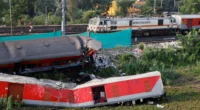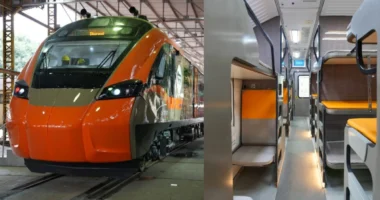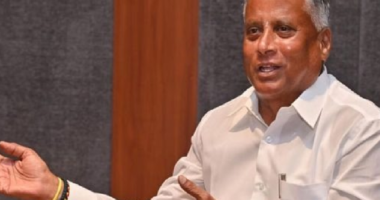The recent tragic death of a railway signal worker in Madhya Pradesh has once again put the spotlight on the pressing safety issues within the Indian Railways. The incident not only underscores the vulnerability of railway workers but also raises questions about the adequacy of current safety measures. This blog post delves into the details surrounding the incident, examines the broader implications for railway safety in India, and offers insights into potential reforms.
The Incident: A Somber Reminder
A routine day at work turned fatal for a railway signal worker in Madhya Pradesh. **The worker succumbed to injuries sustained while performing maintenance duties near the railway tracks**, an area notorious for its risks but essential for the safe transport of millions of passengers. The details of the incident highlight several areas of concern:
- Inadequate Safety Gear: It was reported that the worker was not wearing adequate protective equipment, which is crucial for such high-risk tasks.
- Communication Failures: The lack of effective communication protocols may have delayed the alert and response time necessary to prevent the accident.
- Overwork and Fatigue: Railway staff are frequently subjected to extended working hours, which can lead to exhaustion and diminished alertness.
Broader Safety Concerns in Indian Railways
This incident is not an isolated one. It reflects a broader pattern of safety lapses that have plagued Indian Railways over the years. Some critical concerns include:
1. Outdated Infrastructure
Despite being the lifeline of transportation in India, the railway infrastructure is often criticized for:
- Ageing Tracks: Many of the railway tracks are old and require urgent maintenance or replacements.
- Signal Failures: A common cause of accidents, signal failures point to the need for modernization.
2. Manpower Challenges
The safety of railway workers is closely tied to manpower issues, including:
- Staff Shortages: A consistent shortage of staff leads to overburdening of the existing workforce.
- Lack of Training: Insufficient training for handling the latest safety protocols and equipment is a significant gap.
3. Policy and Planning
The strategic oversight and planning aspect may contribute to safety issues. Key concerns include:
- Reactive Policies: Authorities often adopt reactive rather than proactive safety measures.
- Budget Constraints: Financial limitations affect the ability to implement comprehensive safety changes.
Implications for the Future
The recurring fatal incidents present a starkly urgent call for reform. The need of the hour is a strategic overhaul to ensure worker and passenger safety. There are several potential pathways forward:
1. Modernization of Infrastructure
Upgrading and maintaining infrastructure must be a priority:
- Implement modern tracking and signaling systems to prevent accidents.
- Invest in smart technologies for real-time monitoring and management.
2. Enhanced Safety Protocols
Improving safety protocols can drastically reduce accidents:
- Mandate rigorous use of protective gear and ensure availability for all workers.
- Introduce mandatory rest periods to address fatigue-related accidents.
3. Training and Development
A focus on workforce training can bring significant change:
- Implement regular training sessions on the latest safety practices.
- Promote awareness and understanding of emergency response protocols.
Conclusion: A Call to Action
The tragic death of the railway signal worker in Madhya Pradesh is a clarion call for reform. **The Indian Railways, a backbone of the nation’s economy, must prioritize the safety of its workforce**. This incident highlights an urgent need to address infrastructure challenges, enhance safety protocols, and invest in manpower training. By doing so, the Railways can honor those who lost their lives and take actionable steps to prevent future tragedies.
The path to a safer railway system is indeed a journey, calling for the collective efforts of policymakers, railway authorities, and public support. It’s time we ensure that no worker’s life is lost in the line of duty, and every passenger journey is safe and secure.
“`
